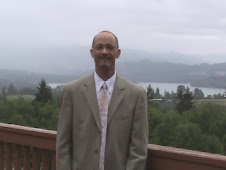Dr. Randy Garrison presented a very informative and interesting discussion around the structure called “Communities of Inquiry”. He related hat these are learning communities generally centered on subject or process inquiry. These structures are more formal and revolve around theories of Collaborative Constructivism and Social Presence.
My confusion revolves around the answer he gave me concerning the differences between Communities of Inquiry and Communities of Practice. He describes Communities of Practice as informal and more social in philosophical and functional framework. His is in direct conflict with what I was taught in Graduate School by a world renowned “Communities of Practice practitioner, Dr. Margaret Riel of Pepperdine University and a world renowned scholar in the field of Learning Circles and Communities of Practice.
She describes Communities of Practice as groups of people who collaboratively discuss and refine their “Professional Practices”, whatever that may be. It is not described as informal and social.
The clarification I got from Dr. Garrison only confused me further. This is the very important part of Doctoral Studies, discussing different ideas, philosophies and practices. I hope by the end of my time here I will be able to adequately understand the difference.
Subscribe to:
Post Comments (Atom)



I'd prefer the definition given by Dr Margaret Riels - which is more consistent with the definition given by the 'father' of Communities of Practice - Etienne Wenger. YHaving said that, I think we spend too much time categorising communities. I don't join a community of 'practice' or a community of 'inquiry'. I join a community for learning and sharing based on the knowledge domain for that community. If I don't get what I want from it, I leave. It doesn't matter to me or the other community members what the categoristion of the community is - we're there to exchange information and have conversations.
ReplyDelete